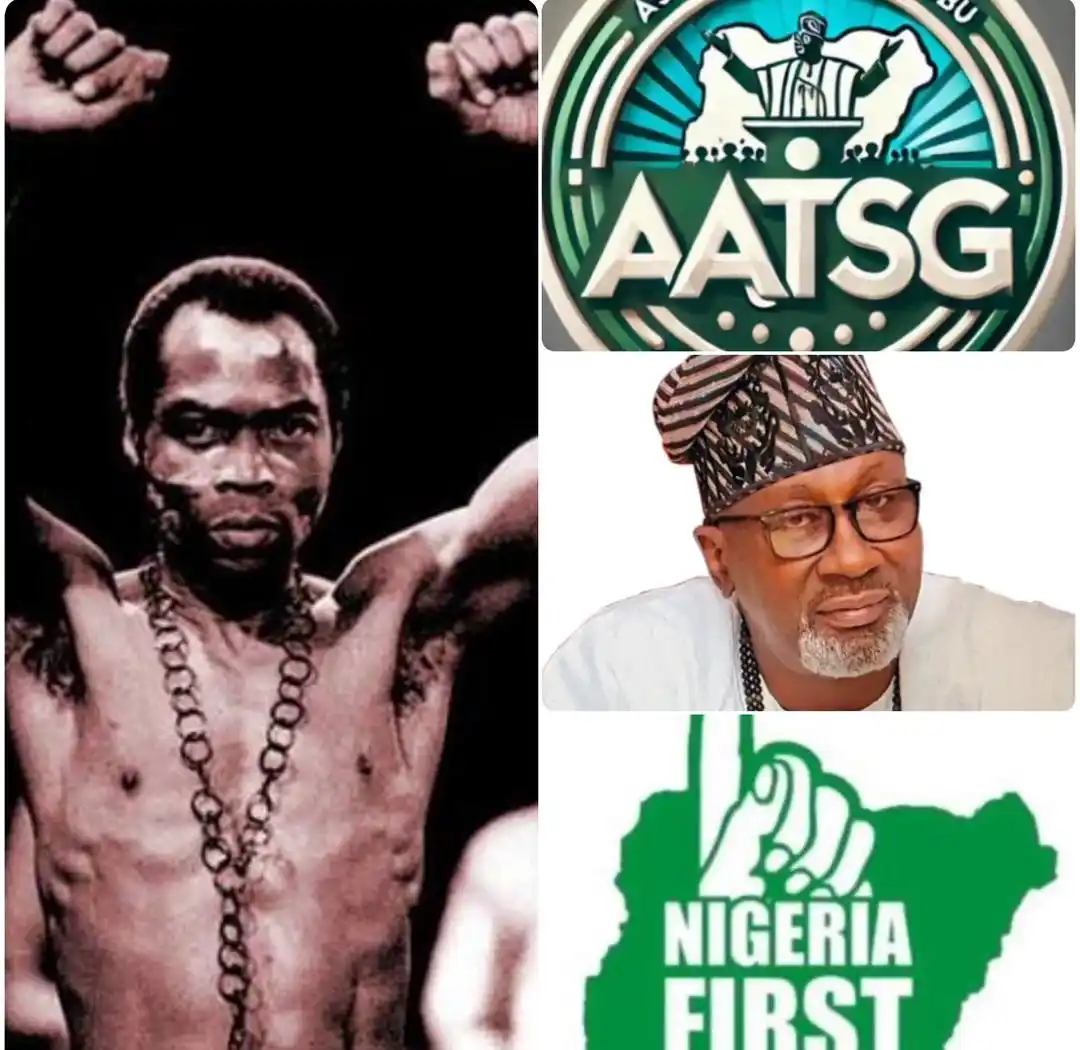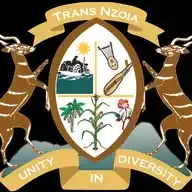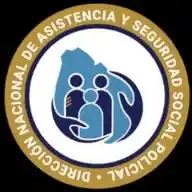
AATSG
592 subscribers
About AATSG
The Asiwaju Ahmed Tinubu Support Group (ATSG) is a group that is highly political in nature, as its primary focus is on strategic interventions to bring Nigeria back on track. With a firm belief in the principles of democracy, ATSG aims to ensure that leaders are elected based on merit, competence, honesty and sincerity, empathy, and steely dedication. In a democratic system, it is imperative that leaders are chosen based on their qualifications and ability to serve the interests of the people. Merit should be the guiding principle in selecting candidates, as it ensures that only the most capable individuals are entrusted with the task of governance. Competence is essential for effective leadership, as it enables leaders to address the complex challenges facing the nation. Honesty and sincerity are crucial traits that breed trust between leaders and the people they serve, while empathy allows leaders to understand and respond to the needs of their constituents. Finally, steely dedication is necessary for leaders to persevere in the face of obstacles and stay true to their commitments. By advocating for these principles, ATSG is playing a vital role in promoting good governance and strengthening democracy in Nigeria.
Similar Channels
Swipe to see more
Posts

**Until We Emancipate Our Minds, Nigeria Will Not Move Forward. The Timeless Warning of Fela Anikulapo Kuti** By Abayomi Odunowo. Over thirty years ago, Fela Anikulapo Kuti, the afrobeats pioneer and activist, released the iconic song "Teacher Don’t Teach Me Nonsense." This piece, rich with satire and critique, called out the systemic failures and mental enslavement prevalent within our society a warning that feels more relevant today than ever. It forces us to examine the fundamental issues that plague Nigeria: the pervasive cycle of colonial mentality, the imitation of ineffective Western systems, and the resultant socio-economic hardships that keep our nation shackled. Despite being a country rich in human and natural resources, Nigeria finds itself mired in poverty, government corruption, and a stunted development trajectory. The painful reality is that we are still stuck in this cycle of dependency and denial, echoing Fela’s fears of societal stagnancy. What is it that continually holds Nigeria back? Is it that we have inherited a dysfunctional understanding of governance from our forebears? Are we too complacent, treated as subservient nations reliant on external ideologies, instead of embracing our uniqueness? Today, we witness the absurdities of what Fela termed “Demo-Crazy,” where elections are nothing more than theatre, votes are commodities, and the political class appears hell-bent on accumulating wealth at the expense of the very people they are meant to serve. The economic show we are forced to endure is exhaustively characterized by inflation, currency devaluation, and ill-conceived policies perpetuated under the guise of progress. As our people hustle endlessly for a better tomorrow, the gap between the political elite and the masses widens, creating a chasm of distrust and disenfranchisement. It is an unbearable irony that many Nigerians live in a land of plenty yet suffer through economic turmoil, a sentiment Fela poignantly articulated decades ago. Despite our country's undeniable potential, our efforts are undermined by a psychological legacy of colonialism a mindset that demands emancipation. As Fela presciently warned, “Until we free our minds, we cannot free our nation.” This call to action is no longer optional; it has become essential. If we fail to seize this moment for collective mental emancipation, we may as well resign ourselves to repeating the same cycles of hardship, as our children and grandchildren inherit our unlearned lessons. The way forward is clear yet challenging. We must abandon the notion that salvation will arrive via solutions imposed from outside our borders. Instead, we should prioritize homegrown policies influenced by our cultural values and societal realities. Our minds must be our own the pillars of critical thinking and self-determination must take root in our communities. It is imperative that we embrace ideas that resonate with our lived experiences. We must develop governance that reflects the true aspirations of our people while fostering economic policies grounded in local realities. In practical terms, this calls for significant reforms in our educational systems, where teachers should be trained to cultivate critical thinking, instilling a spirit of innovation rather than rote memorization of outdated philosophies. Our politicians need to indeed be more accountable to the citizens they serve, and the citizens must become informed and active participants in their governance. We must shift our narratives, redefine our democracy, and champion an economy that uplifts rather than undermines our collective heritage and aspirations. This is not merely a nostalgic revival of Fela’s music; it is a clarion call to embody his message of self-liberation. The time to act is now our challenges are daunting but surmountable. By collectively embracing this journey of mental emancipation, we can carve out a path toward sustainable progress, free our nation from the vestiges of colonial shackles, and ensure our descendants do not inherit the tragedies of our past but rather a legacy of resilience and prosperity. Let us heed the timeless warning of Fela Anikulapo Kuti and take a stand for the liberation of our minds as a precursor to the liberation of our nation. The change we seek begins within us let us refuse to carry forward the burdens of ignorance and dependency. Until we commit ourselves to mental freedom, Nigeria will remain shackled, repeating the woes of yesteryear. **Signed,** Otunba Abdulfalil Abayomi Odunowo National Chairman AATSG Email: [email protected] Phone: +234-9053535322 Website: www.aatsg.org.ng Click here to join now: https://whatsapp.com/channel/0029VadcNX21NCrRShw4S33A Let’s grow stronger together as we champion merit-based, honest, and visionary leadership across Nigeria! Together, we move Nigeria forward. #AATSG #LeadershipThatDelivers #JoinTheMovement #100KIn6


**NIGERIA MUST INTRODUCE BOLD NEW MEASURES TO COMBAT CORRUPTION THROUGH PUBLIC ACCOUNTABILITY AND BEHAVIORAL REFORM** By Abayomi Odunowo Abuja, Nigeria a profound and multi-faceted strategy is required to effectively address the infestation of corruption in Nigeria, and the Asiwaju Ahmed Tinubu Support Group (AATSG) is advocating for such a strategy with the proposal of a National Integrity and Anti-Corruption Behavioral Reform Framework. This pioneering approach signifies a striking departure from traditional punitive measures, favoring instead a system of community-centric accountability designed to prevent corruption and facilitate the reformation of offenders. Corruption has eroded the moral fabric of our society, undermining trust in government institutions and the rule of law. It is a cancer that not only constrains economic growth but also sows discord and disenchantment among the citizens of Nigeria. The urgent need for corrective measures is indisputable; without innovative solutions that resonate with our societal values, we risk relegating our collective aspirations to mere dreams. At the epicenter of this proposal is the introduction of the Shame and Redemption Program (SRP). This radical initiative seeks to transform how we deal with non-violent offenders, particularly those embroiled in financial crimes. Instead of relegating these individuals to prisons where rehabilitation often fails, the SRP mandates that they serve their sentences at home while wearing highly visible identification bands or vests emblazoned with the message: “I Abused Public Trust I Am Making Amends.” This visible identification serves as a powerful deterrent, instilling a sense of responsibility while also reminding the community of the consequences of misconduct. Moreover, a structured support plan accompanies this home confinement. Offenders will be obligated to complete a mandatory number of community service hours, attend weekly certified integrity workshops, and face a temporary ban from holding public or leadership office positions for up to ten years. By requiring offenders to contribute positively to their communities and engage in ongoing education about integrity, we can cultivate a culture that emphasizes moral rectitude and social responsibility. The establishment of a National Integrity Commission (NIC) will augment these efforts by overseeing compliance, spearheading public education campaigns on the essentials of honesty and integrity, and honoring organizations and individuals exemplifying ethical conduct through the annual National Integrity Awards. These initiatives will work in tandem to create a societal norm where integrity is celebrated, and corruption is not only legally punishable but socially reviled. Otunba Abdulfalil Abayomi Odunowo, the National Chairman of AATSG and the architect of this visionary policy, asserts, “This is not just about punishing wrongdoing; it’s about transforming our national values and ensuring that corruption is seen as both a legal and social offense. We must make dishonesty dishonorable again.” This clarion call speaks to the heart of our nation’s aspirations for a better future where every citizen, regardless of their rank or status, is held accountable for their actions. To amplify the effectiveness of this proposal, we must also embrace advanced technological solutions. An Integrity Mobile App designed for anonymous reporting, coupled with real-time dashboards to track government expenditures, will promote transparency and empower citizens to actively monitor public projects. These innovative tools will not only engage the public but also create a framework of accountability that will oversee the implementation of public resources. The budget for this transformative initiative is really not much and this is to be funded through a strategic combination of government allocations, public-private partnerships, and international anti-corruption grants. This investment is not just a cost it's a commitment to restoring public trust, fostering a culture that condemns corruption, and rekindling the belief that integrity should be our collective goal. If properly executed, this policy has the monumental potential to drastically reduce corruption, instill confidence in governance, and effectuate a profound cultural shift where integrity is cherished. In this context, we stand at a pivotal moment in our nation’s history. Let us act decisively to reclaim our integrity and redefine our future. **Signed,** Otunba Abdulfalil Abayomi Odunowo National Chairman AATSG Email: [email protected] Phone: +234-9053535322 Website: www.aatsg.org.ng Click here to join now: https://whatsapp.com/channel/0029VadcNX21NCrRShw4S33A Let’s grow stronger together as we champion merit-based, honest, and visionary leadership across Nigeria! Together, we move Nigeria forward. #AATSG #LeadershipThatDelivers #JoinTheMovement #100KIn6















